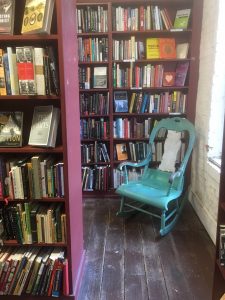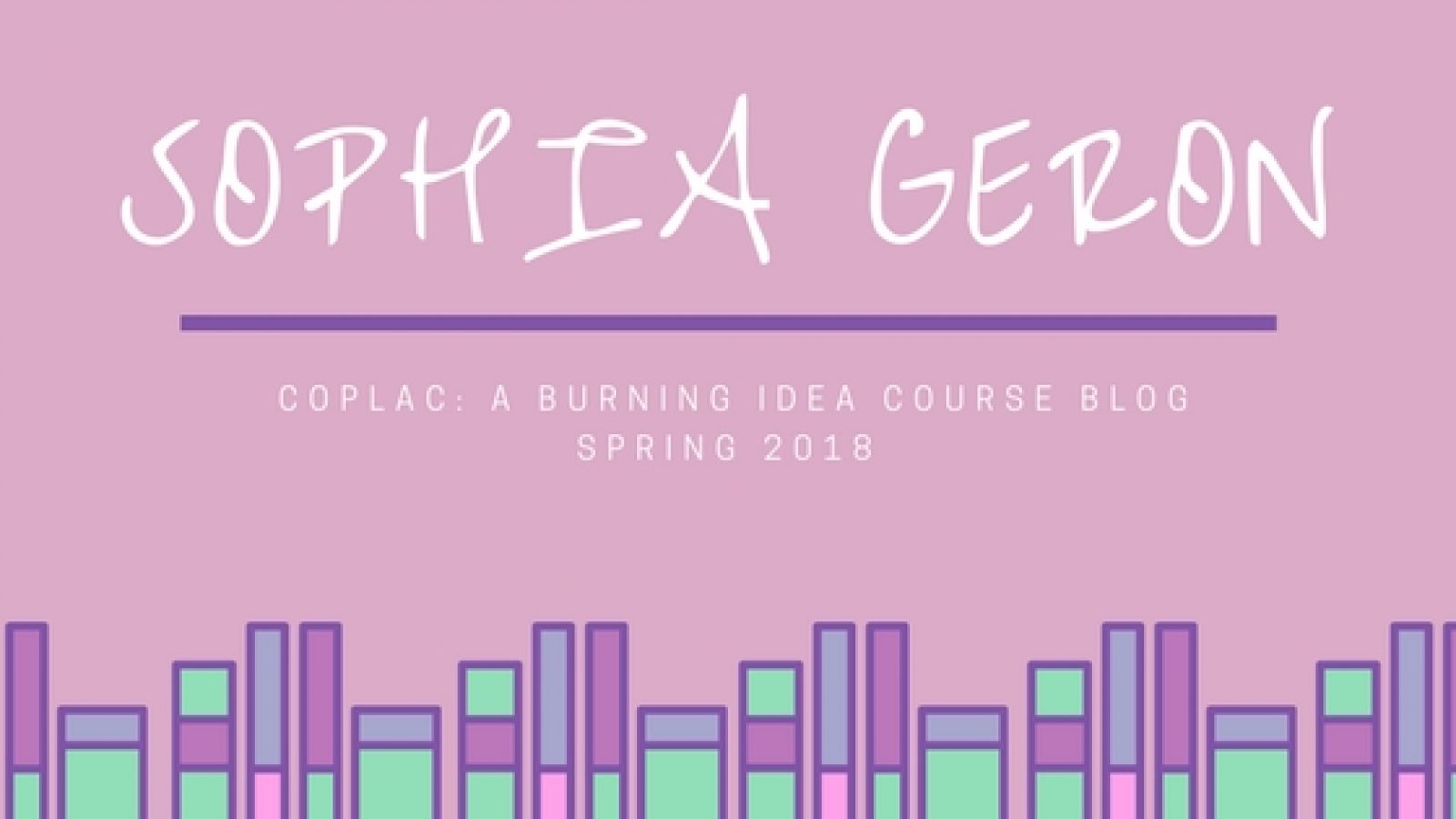
The first week of classes is over and I am ready to get to work!
The theme for this class is A Burning Idea and dives into researching the censorship of books. Another UMW student, Karina Schumm, and I are already researching cases in our area and exploring what makes a book “bad.”
We also have decided to look into the book Maurice, by E.M. Forster and to take a historical approach to the censorship and history of the novel. I am currently trying to read the novel itself and work through what ideas in it make it a book which has been challenged.
The next step we need to take is talking to our school’s research librarian or archivist. We made an appointment for this coming week to meet with Carolyn Parsons, the special collections librarian at UMW. I think with her help, we learn a lot of information about how to look into our topic. We need to find sources about banned books in our community and I think the library and Special Collections is going to be one of our biggest resources this upcoming semester.
Our next class tomorrow, we are discussing an essay by Belinda Louie on Politics in Children’s Literature. After reading this essay today, it sparked conversation about what books kids go for and why they pick it up to read. This essay talks about the people who interact with children’s literature such as the authors, teachers, children, parents, administration, the public, and publishing. Each of these categories have different ideas and personal history that gives them all biases of some kind. The most interesting thing I had not considered before reading this particular essay is that children “choose books that are pleasant” and “reject books with concepts they do not understand” (6). In my personal experience, I find this to be really true. The first book I remember disliking was Hatchet by Gary Paulsen, and it was because I did not like the unpleasant scene where the main character has to see the dead pilot’s body floating in the water where they had crashed. It was in fifth grade and we had to read it as a class. I also remember we had to watch the movie together, which I found to be even more unpleasant.
I have been discussing with my roommates and friends all afternoon what was the first book that made them uncomfortable? And usually it is because of something that was frightening to them, they were stressed, or the book that had a sad ending. Children look for books that are going to make them happiest. They want stories with good endings and do not want to have to deal with uncomfortable ideas. I think this is because, at least for me when I was a kid, reading was a form of escape. I could go on an adventure, solve a mystery, or be a princess, and hide away from the ugliness reality often was.
I also think this is why books are probably challenged in schools, because parents want to protect their children from being uncomfortable. I think there is some validity in age appropriate reading materials, but I also think that in order for children to expand beyond their world viewpoint sometimes they have to be a little uncomfortable exploring an unfamiliar concept or different life view point.
I found this article very interesting. I spent a lot of time reading as a child and when thinking back about the books I read, they were happy ones where I did not worry about being uncomfortable. I took a lot of notes to discuss in class tomorrow, but I wanted to share some of my reflection here. I cannot wait to read more and learn different reasons for censorship.
Louie, Belinda. “Politics in Children’s Literature: Colliding Forces to Shape Young Minds.” Ed. Susan S. Lehr. Shattering the Looking Glass: Challenge, Risk, and Controversy in Children’s Literature. Norwood, Mass: Christopher-Gordon, 2008. Print.
